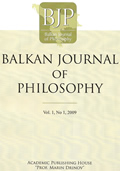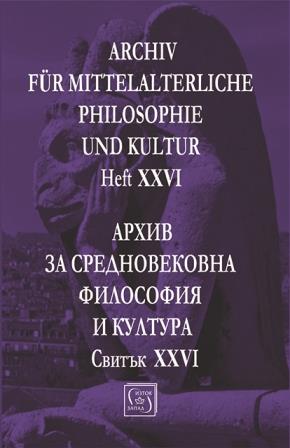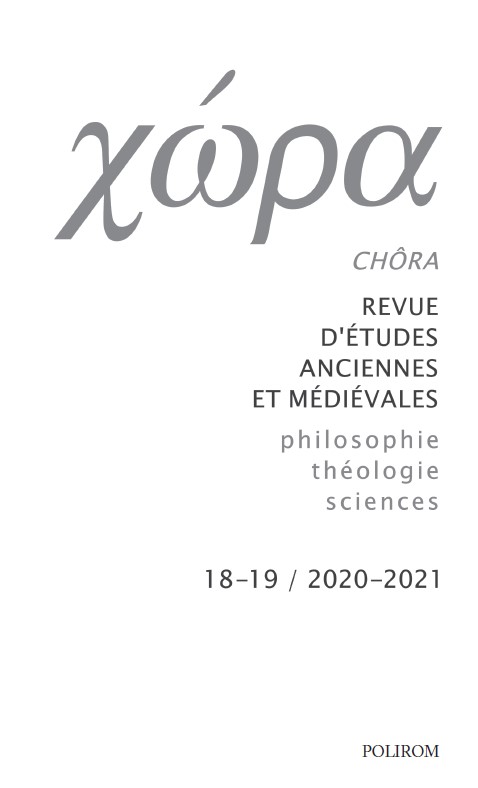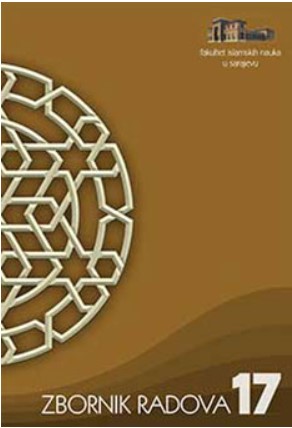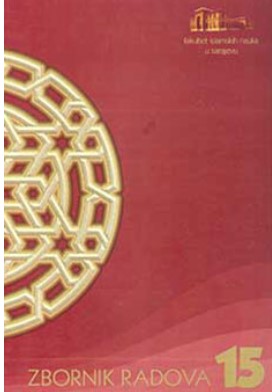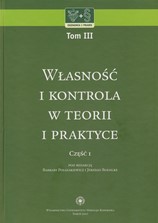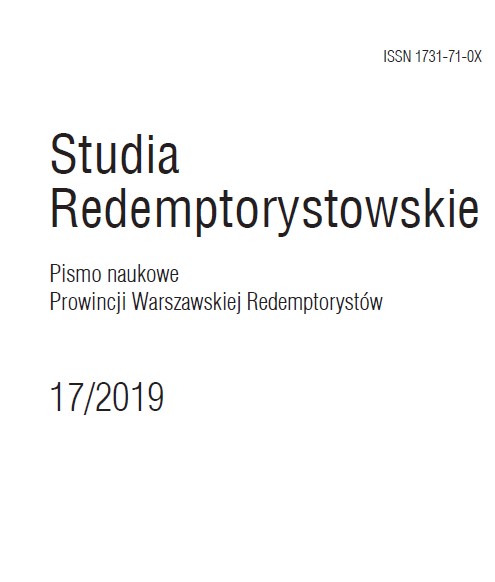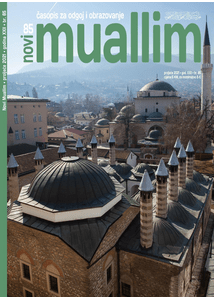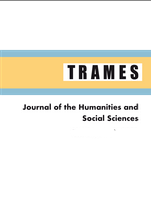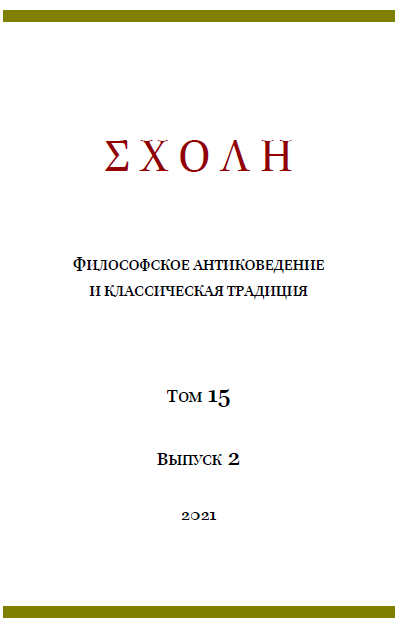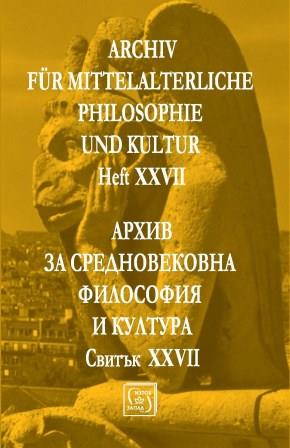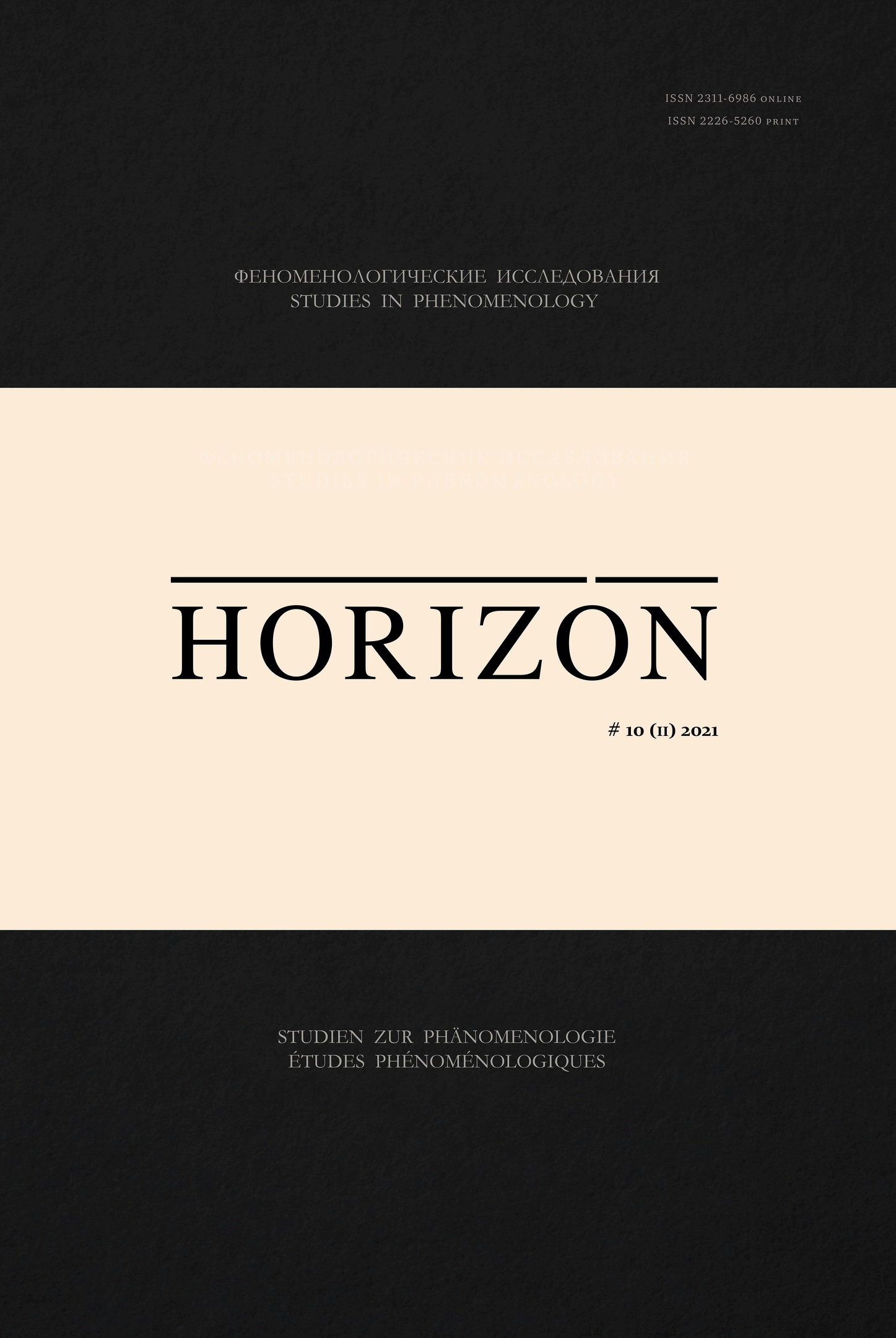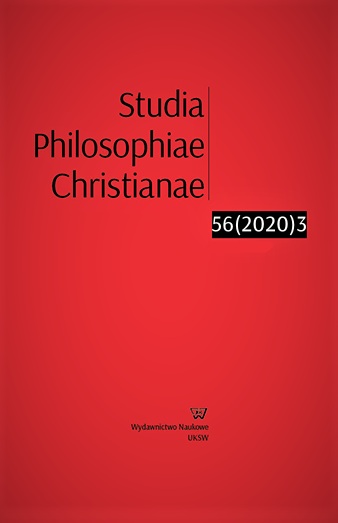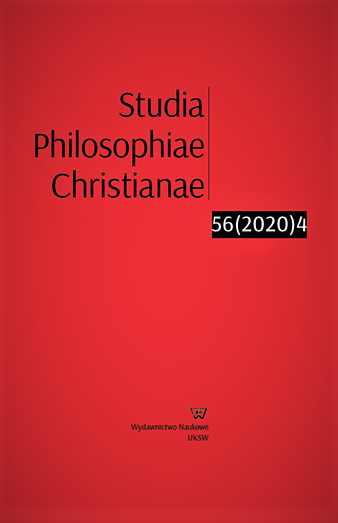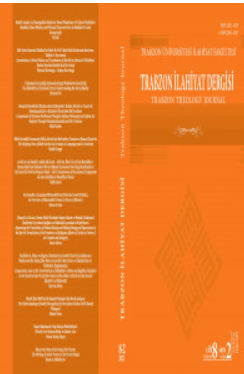Author(s): Adnan Arslan / Language(s): Turkish
Issue: 2/2021
One of the top names in classical Arabic poetry is undoubtedly Abū al-Ṭayyib Aḥmad al-Mutanabbī (d. 354/966), one of the poets of the ‘Abbāsid period. The poet, who molded his philosophy of life in a concise manner with his very concise and interesting couplets, gained a considerable place in the oral culture of the Arabs. In order to understand the poet's place in classical Arabic poetry, it is enough to know that there are about a hundred commentaries on his poems. In this study, the characteristics that make al-Mutanabbī’s poems qualified have been examined. As it is seen, the most important factor that makes the poet stand out is his skillful use of rhetoric, which is considered the lifeblood of the literary style. The poet's similes and metaphors, which show his success in embodying the abstract, his eulogy practices, his exaggerated descriptions that push the limits of imagination, and his use of diagnostic art, which we find most successful, are examined through remarkable examples. The study was narrowed down to the prominent arts, with the thought that examining all of the rhetoric would not be within the scope of an article in Arabic language and rhetoric. The originality of the poet is based on the titles and selected examples. In the selected couplets, criticisms have been made in terms of form and content whenever necessary. As a result, the elements that ensure the poet's success in rhetoric are listed, unnecessary repetitions, excessive exaggerations, inconsistencies in the eulogy, words that scratch the ear, etc. angles were evaluated as negativities in terms of the quality of the poem.
More...
